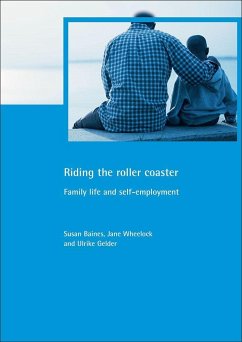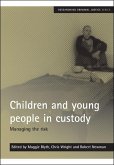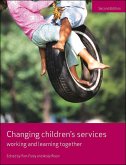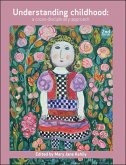AGREED WITH AUTHOR Self-employment is promoted today, as it was two decades ago, as a means of creating a more entrepreneurial society. Increasing the rate of new business start-ups has been a focus of local and regional government policy throughout this period. This report takes a critical look at the costs and benefits for individuals and families of turning to self-employment as a route out of economic disadvantage. Drawing on in-depth interviews with self-employed people, their partners and children, the report argues that self-employment is much more likely to be a household rather than an individual undertaking. It makes the case for the need to consider work-life balance in relation to the self-employed. The report includes: - case studies of self-employed households; - the perspectives of children, who are often excluded from research into the working lives of their parents; - a critical perspective on business support and start-up policies; - the policy implications for a society in which self-employment is often undertaken at the margins of economic viability. This report should be read by policy makers in central and local government and by those in organisations involved in training, supporting and representing the self-employed. It will also be of interest to academics, students and researchers with an interest in work and family life. Susan Baines is a Senior Research Associate in the Centre for Social and Business Informatics and Jane Wheelock is Professor of Socio-Economics in the School of Geography, Politics and Sociology, both at the University of Newcastle upon Tyne. Ulrike Gelder is a Lecturer in Early Childhood Studies at the School of Education, University of Plymouth.
Hinweis: Dieser Artikel kann nur an eine deutsche Lieferadresse ausgeliefert werden.
Hinweis: Dieser Artikel kann nur an eine deutsche Lieferadresse ausgeliefert werden.








